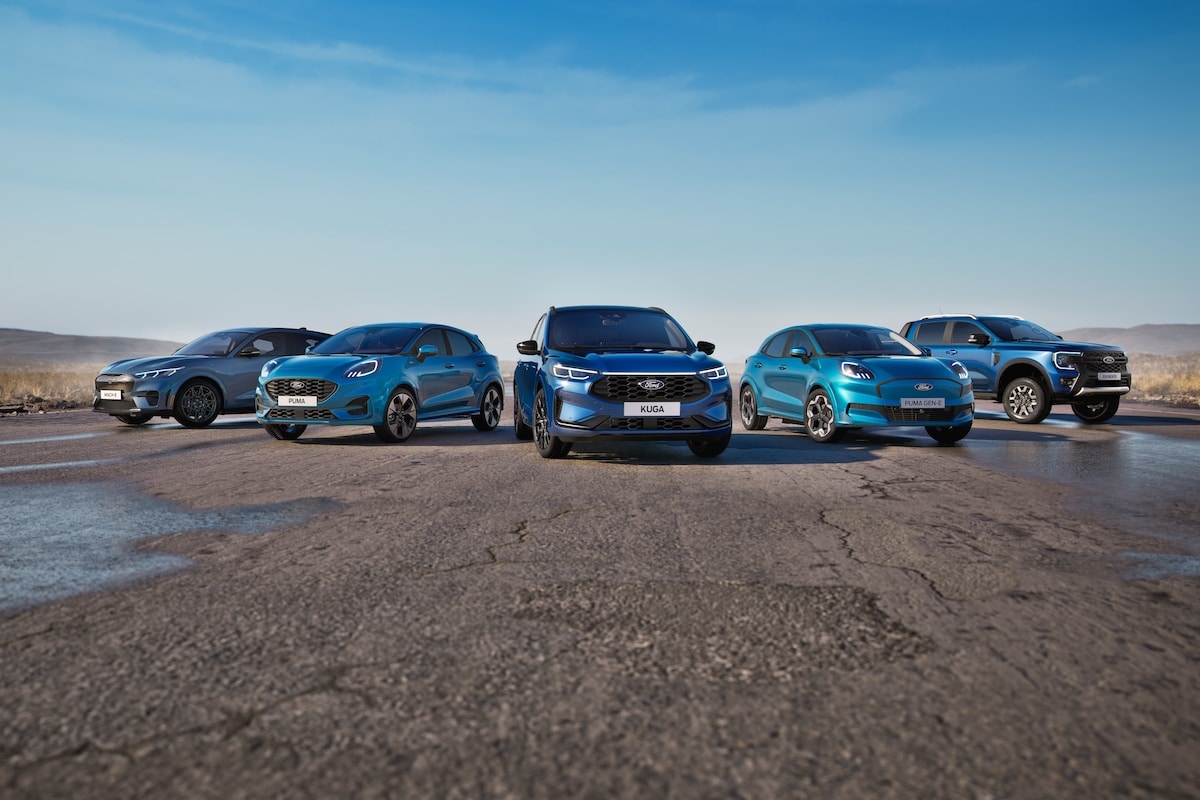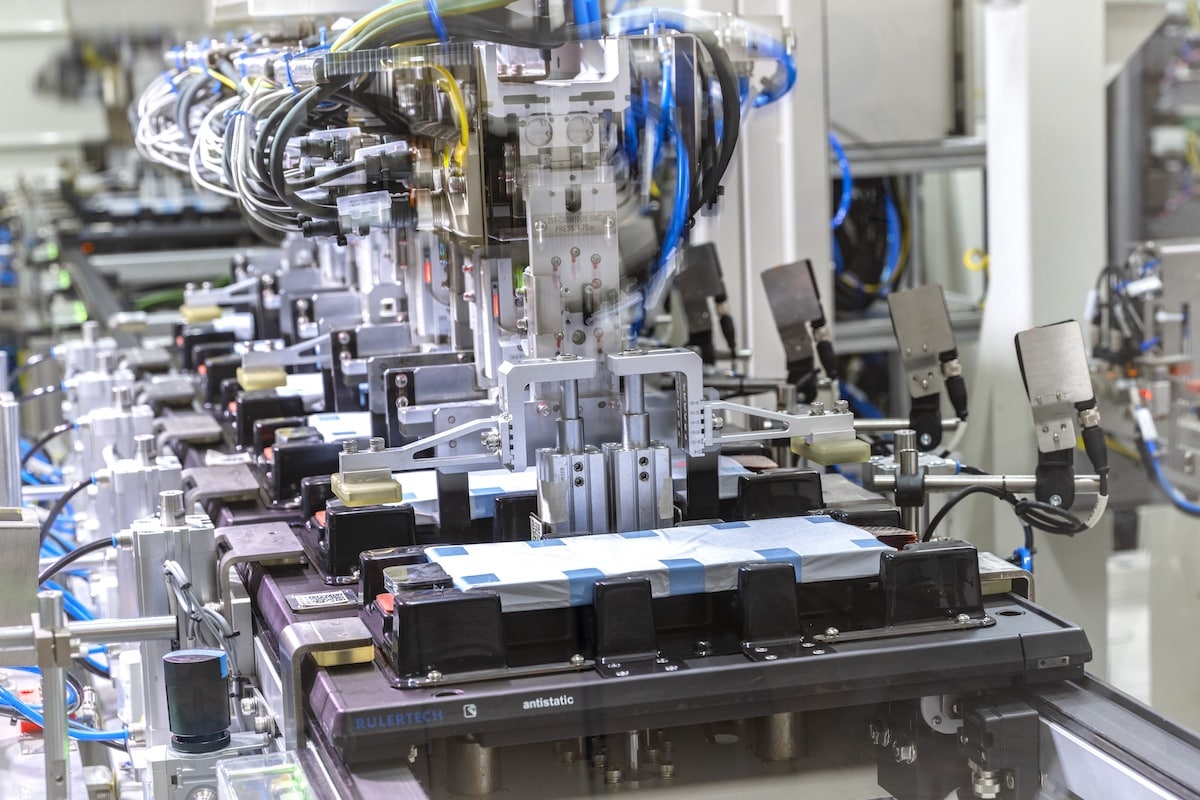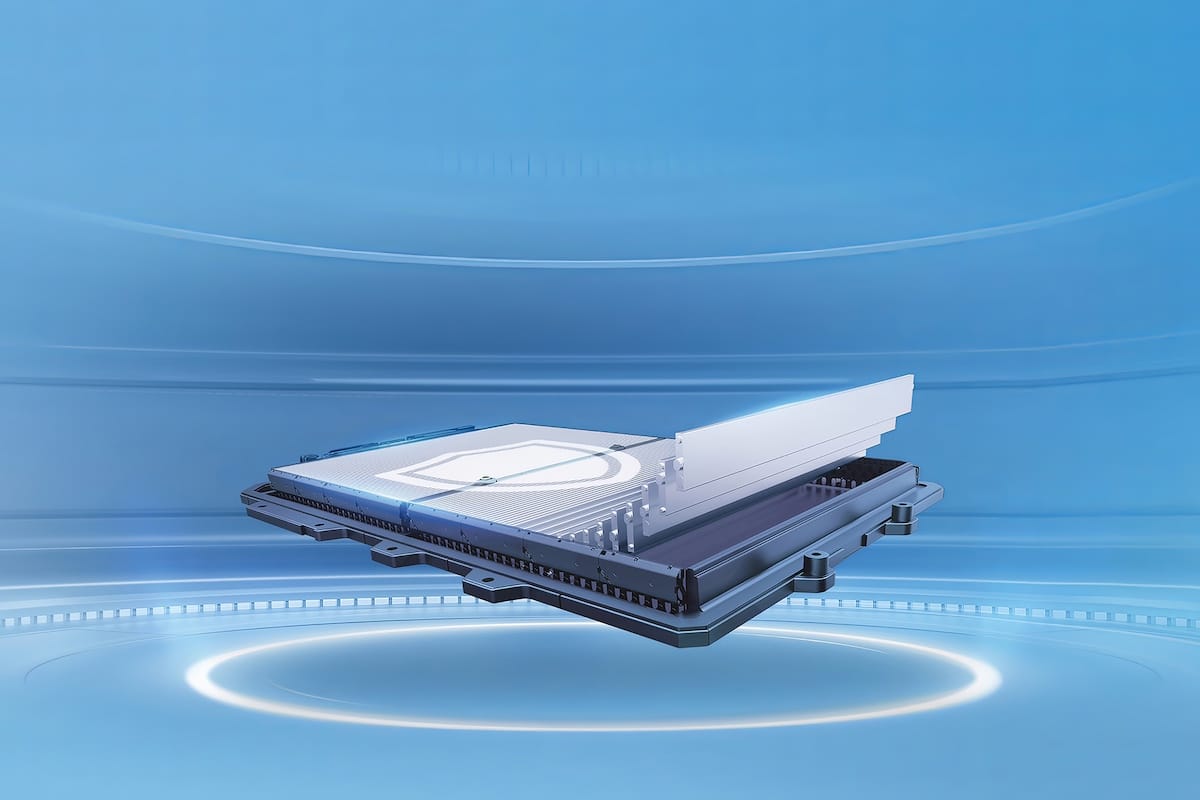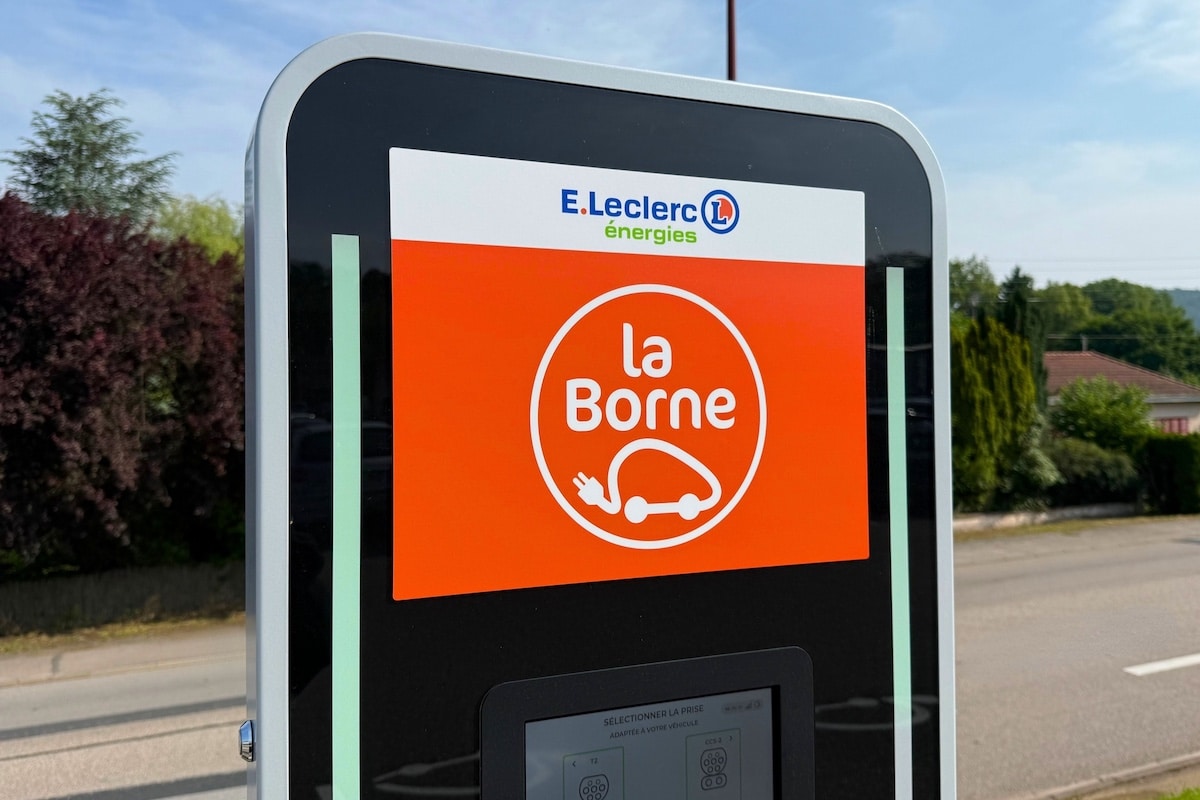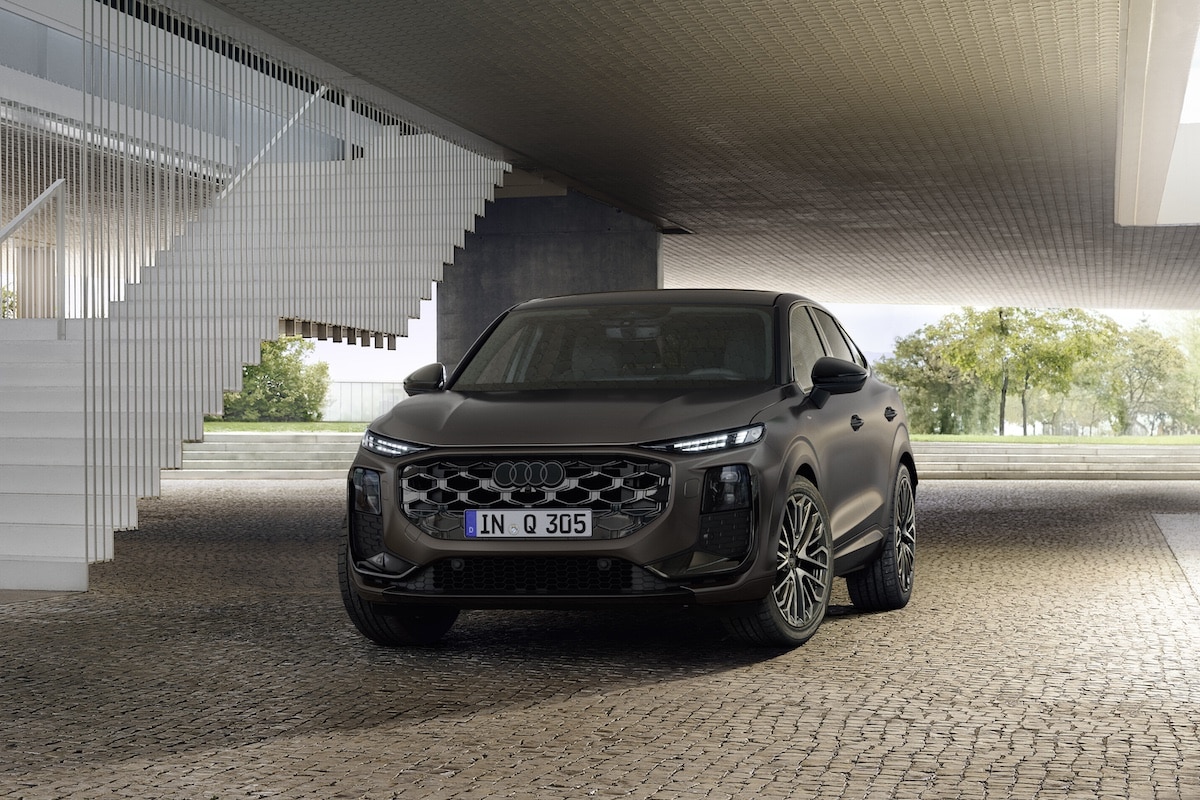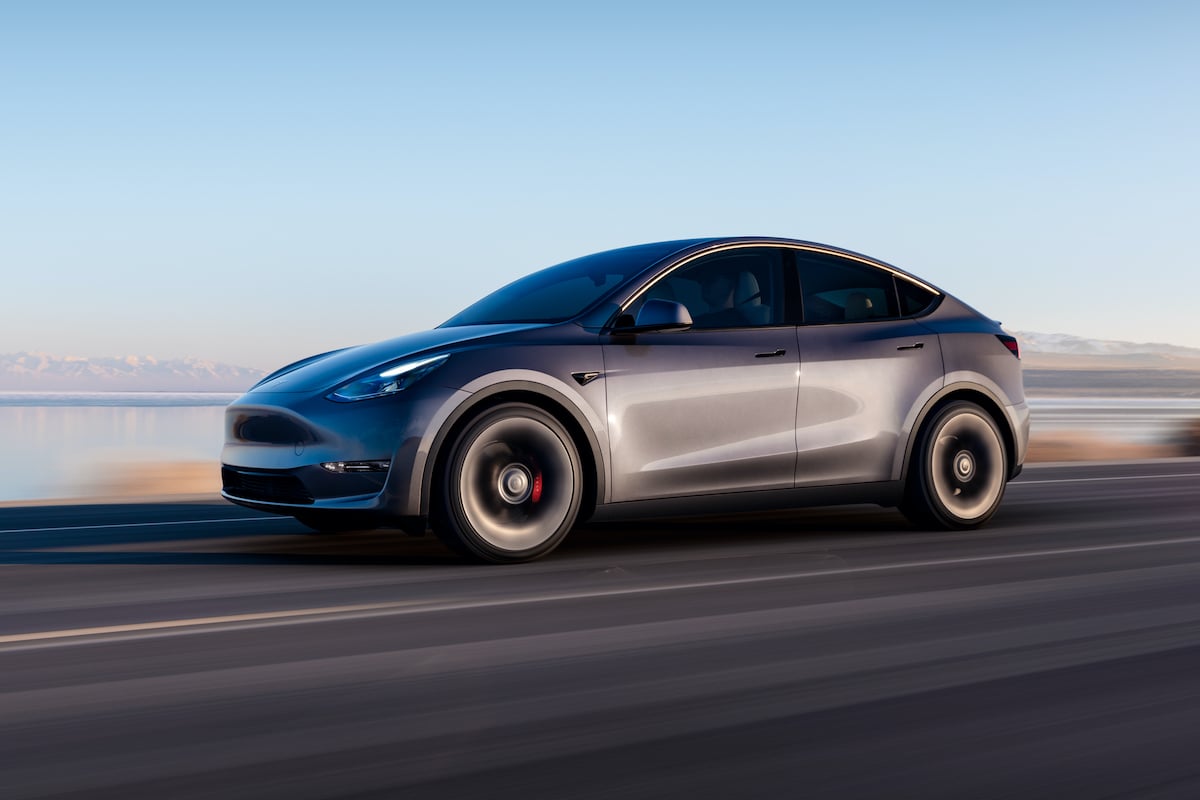Electric Cars: Concerned About the Surge in Metal Prices?
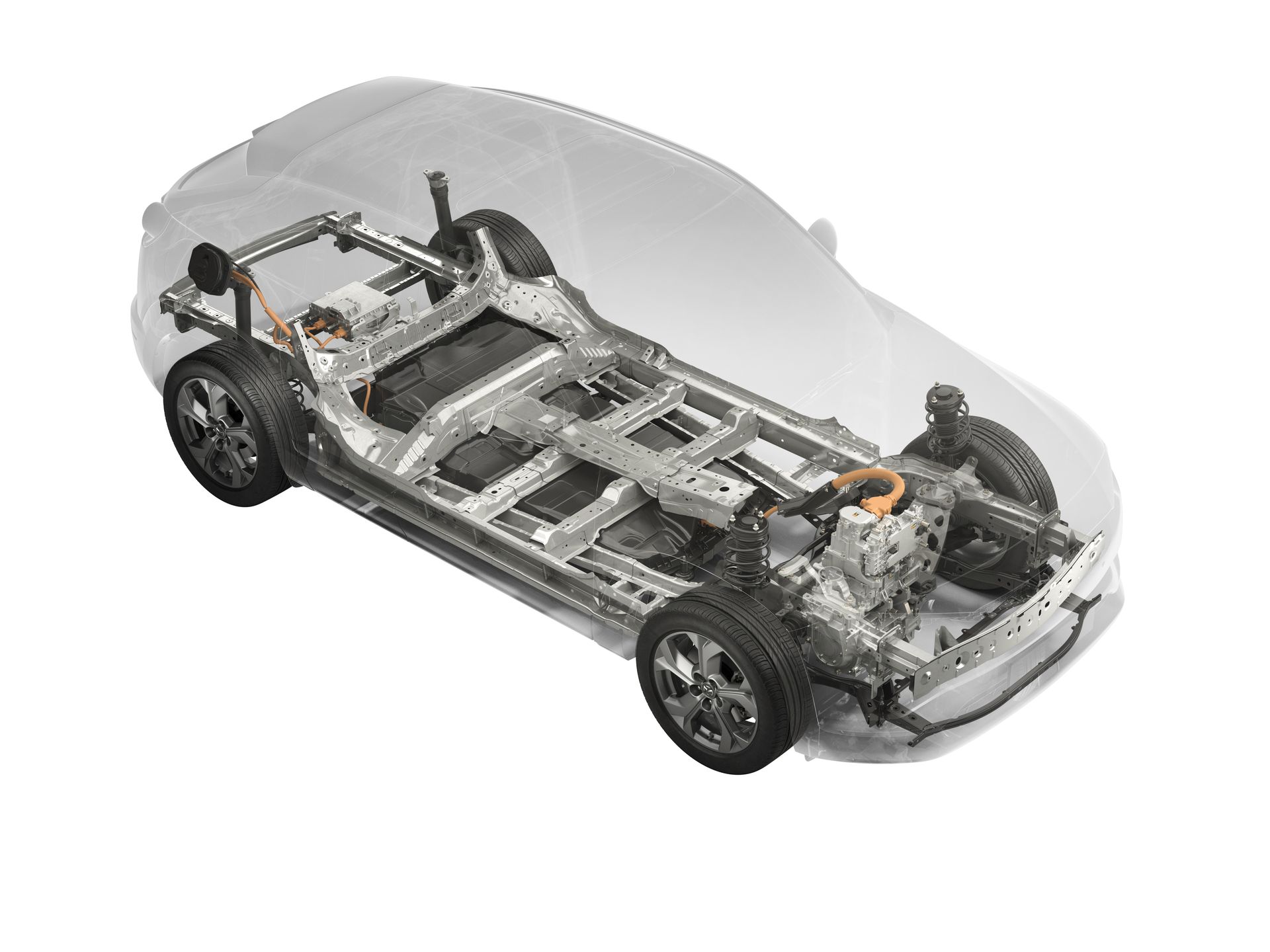
Due to a sharp increase in the prices of key battery components, electric cars could see their prices rise.
Since the launch of modern electric vehicles in 2010, prices have continually decreased. This is a result of economies of scale, but also cheaper raw materials. Lithium, the primary metal used in lithium-ion batteries, has seen its price collapse. However, with a geopolitically shaken landscape, the COVID-19 crisis, and now the War in Ukraine, markets are experiencing volatility.
Lithium, nickel, and cobalt are soaring
The most important compound in electric vehicle batteries, lithium, has taken off in recent months. Lithium carbonate (extracted from mines), priced below $15 per kg, surpassed $30 in November 2021. It continued to $50 in January and is approaching $80 today. We provide an indicator because several prices exist. Some are even more pessimistic, including deliveries of lithium to China, which have more than decupled since mid-2020.
Nickel powers NMC batteries (Nickel Manganese Cobalt), predominant in high-density versions like NMC622 or NMC811 (60 to 80% nickel). Its price was barely above $10,000 per ton, but began climbing from 2020. Already flirting with $20,000 in January, it exploded past $30,000 on March 4, hitting $40,000 on Monday. After a wild peak this Tuesday, it fell back to $50,000 today.

For cobalt, present in batteries and some motors, the story is different. Its price had long fluctuated around $10-15 per pound before reaching a peak of $44 in 2018. After falling back to $15, this metal resumed its ascent in 2021 and now exceeds $35.
Will electric cars become more expensive?
Therefore, it will be necessary to monitor the various market prices in the coming days and weeks to project long-term trends. Despite current volatility, recent months’ trends suggest the bottom was reached two years ago and is moving away from view.
The other open question is: will electric cars be more expensive? If metal prices remain high, cathode manufacturers, cells, batteries, and thus vehicles will need to pass on these costs. The victim will be the buyer (or lessee, user) who will have to pay more.
Could this balance out the constant decrease in battery prices and car production costs due to economies of scale? Or even reverse the trend to the extent of slowing its market growth? To be continued.
Read also: Plug-in hybrid: a boom of a car combining efficiency and tax benefits
This page is translated from the original post "Voiture électrique : inquiétée par la flambée des prix des métaux ?" in French.
We also suggestthese articles:
Also read
